A Dundee businessman is taking on holiday let giants such as Airbnb and Booking.com.
Simon Anderson is one half of Clark Anderson, a holiday lettings firm founded in 2017 and based in Dundee.
His latest venture aims to help hosts avoid high fees for booking requests.
Cribsync is a new company set up to allow hosts to receive 100% of the income from bookings and guests to easily tailor their trips.
The idea was born out of Simon’s frustration at the high fees charged by major holiday let companies and their lack of flexibility.
“There have been so many changes over the past few years,” he said. “Commissions are at an all time high, there are penalty charges for changes to bookings, and communication between guests and big companies like Airbnb is very difficult.
“There’s very little flexibility if a booking falls through or if you get an enquiry that you can’t fulfil.”
Cribsync
Simon set up Cribsync in the hope of circumventing many of these restrictions. The website allows owners of holiday properties to list available dates, for example when they may have had a cancellation. It also allows guests to send the criteria for their stay and potentially choose from a range of properties.
Hosts simply create a profile with the location of their property or properties. Guests submit their holiday requirements – from location to number of beds, parking options, garden spaces and budget – and their enquiry is submitted to all hosts who meet those criteria.
Hosts keep 100% of the income generated by the booking. So how does Cribsync make money?
“Hosts buy credits to use the site,” Simon explained. “They receive guest enquiries for free, so they can get an idea of demand and know that guests are looking for stays in their area. They then spend a few credits to get the details of those guests and can contact them to offer a stay.
Signing up
“We make sure credits are cheap so it costs much less than going through one of the big platforms. It’s also much quicker and cheaper than using a booking agent to trawl through various sites for you.”
Simon is signing up the 80 or so properties Clark Anderson manages. He is also contacting other holiday let providers to encourage them to join the site.
Simon’s hope is to eventually draw people away from only using the major portals such as Booking.com and Airbnb to look for their stays. With fees as high as 18% there are savings to be made.
He added: “I want hosts to keep more of the money from their bookings. I want guests to get better value accommodation. And I want the process of booking stays to be made easier.”

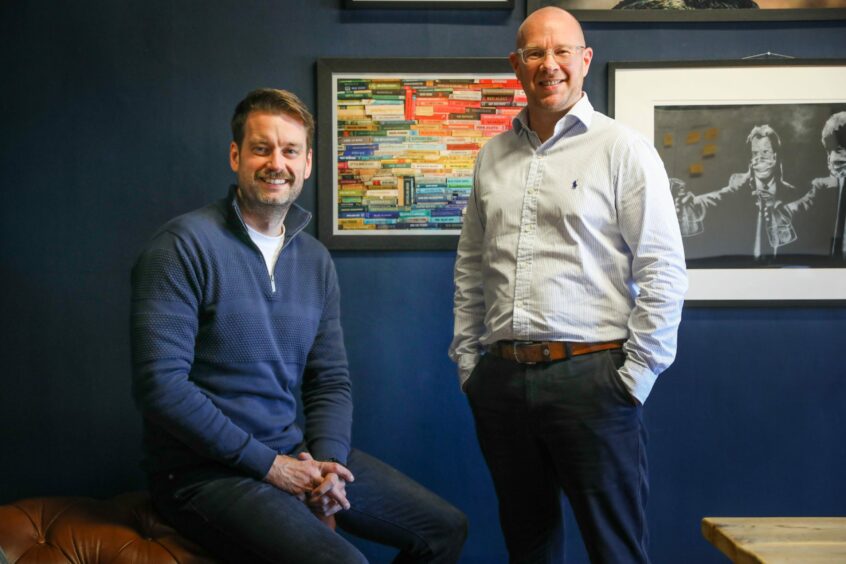
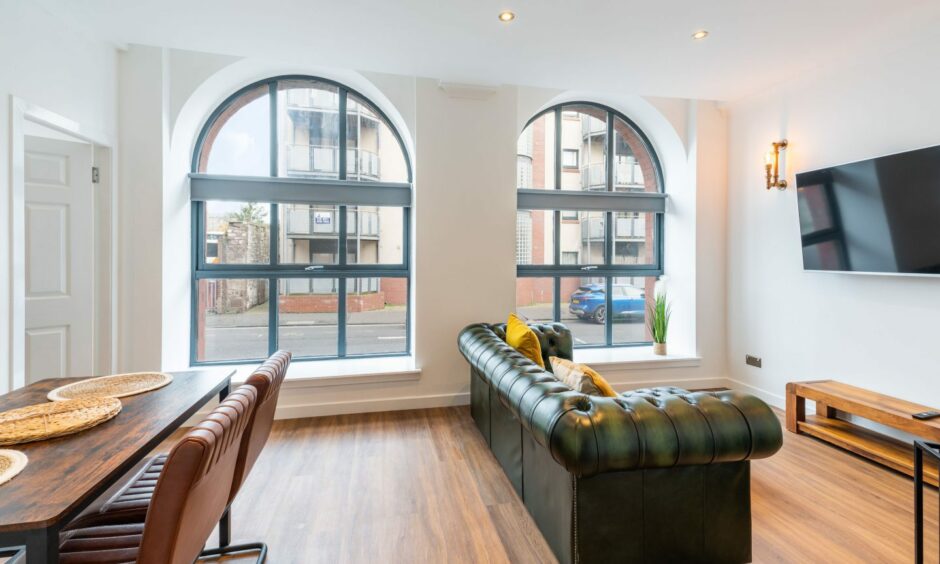
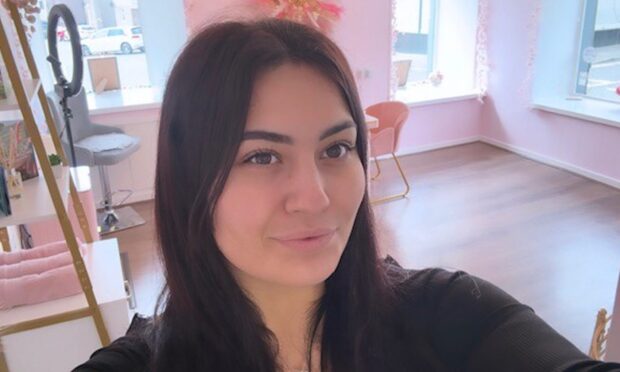
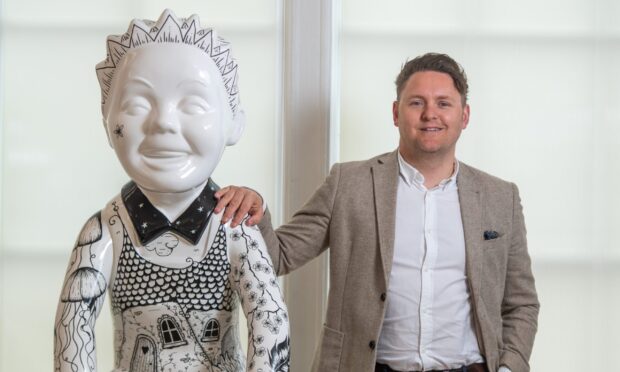

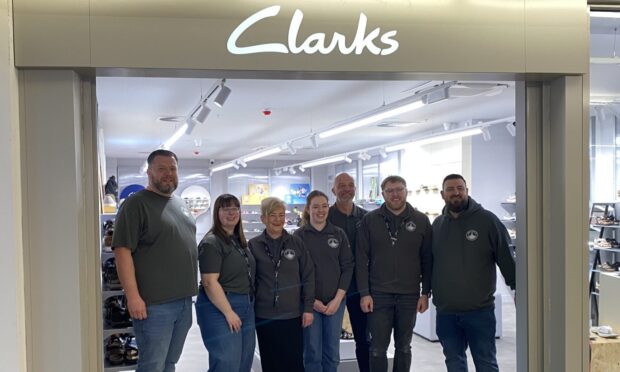



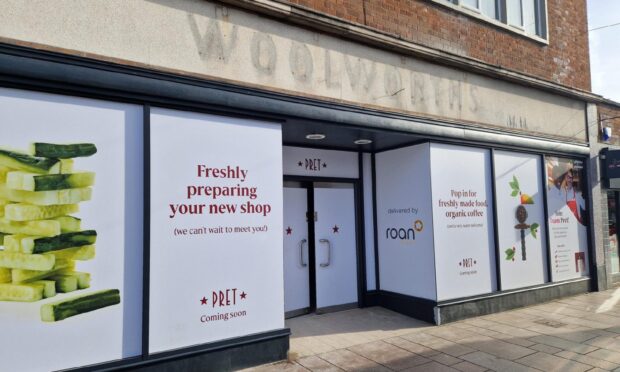
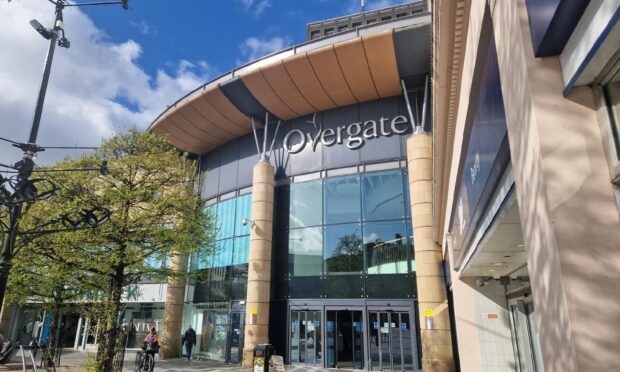

Conversation